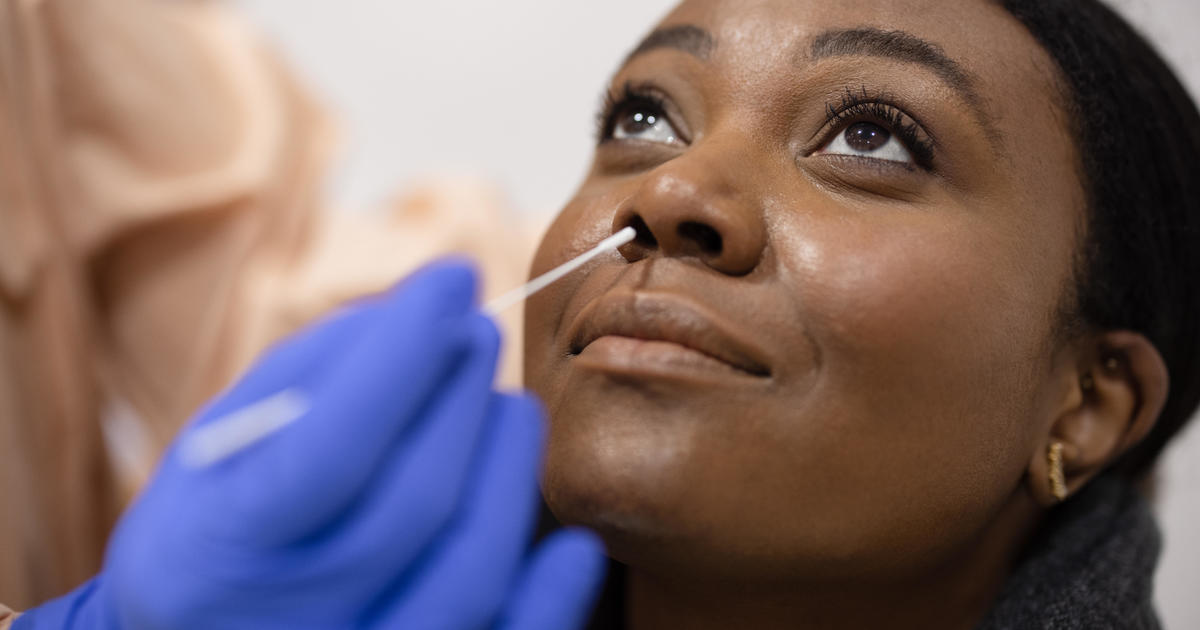
Why do COVID-19 PCR and antigen tests produce different results?
CBSN
COVID-19 tests are in greater demand than ever, and new data about the Omicron variant can make picking and using different types of tests confusing. Molecular tests for COVID-19, like the "RT-PCR" technology used by many laboratories — known as PCR tests — are widely considered the "gold standard" for spotting the most infections caused by SARS-CoV-2.
By comparison, "antigen" or "lateral flow" tests, which can be done at home and return faster results, are less sensitive than PCR tests, but could be useful for identifying cases when people are likely to be contagious. One review last year estimated rapid antigen tests might only detect on average 75% of cases that PCR tests can spot, with antigen tests performing best in symptomatic people within the first week of their disease.
Some public health officials have advocated for wider adoption of antigen testing by Americans — if they can manage to find one of the rapid at-home tests — as an added layer of protection that might spot more cases before they spread.

A partial verdict has been reached in Sean "Diddy" Combs' federal sex trafficking and racketeering trial in New York City. The jury sent a note to the judge Tuesday afternoon saying it has reached a verdict on four of the five counts, but jurors said they were unable to agree on count 1, racketeering conspiracy. The note indicated there are jurors with unpersuadable opinions on that charge.

 Run 3 Space | Play Space Running Game
Run 3 Space | Play Space Running Game Traffic Jam 3D | Online Racing Game
Traffic Jam 3D | Online Racing Game Duck Hunt | Play Old Classic Game
Duck Hunt | Play Old Classic Game










